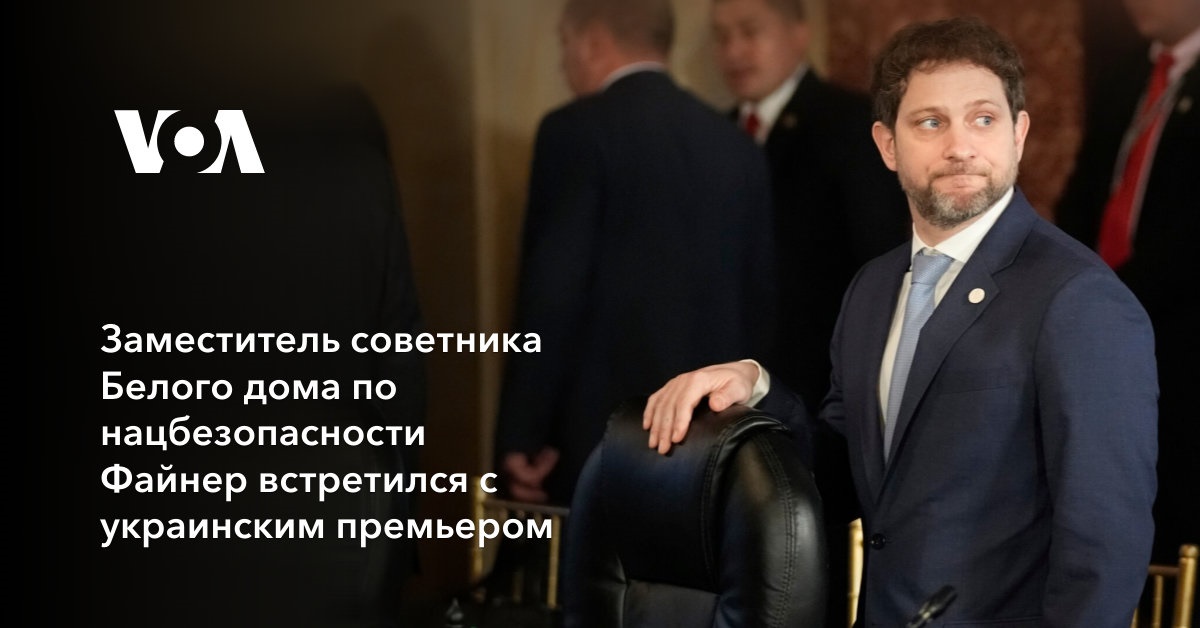Trump's Aerospace Deals: Big On Promises, Short On Transparency?

Table of Contents
Boosted Defense Spending and its Impact on Aerospace Contracts
The Trump administration oversaw a significant increase in defense spending, directly impacting the volume of aerospace contracts awarded. This surge in funding fueled numerous projects, boosting the aerospace sector's economic activity and job creation.
Increased Military Budget Allocation
- The budget allocated to the military saw substantial increases, leading to a corresponding rise in aerospace contracts. This included a significant portion directed towards the newly established Space Force.
- Numerous reports detail the substantial increase in contract awards to major aerospace companies like Boeing, Lockheed Martin, and Northrop Grumman. Analyzing these figures reveals a correlation between increased spending and the number of contracts awarded.
- This surge in aerospace contracts resulted in considerable job creation across the United States, stimulating economic growth in several states heavily involved in aerospace manufacturing. The effect rippled through the supply chain, benefiting smaller businesses as well.
Favoritism and Lack of Competitive Bidding Allegations
Despite the economic benefits, controversies surrounded the awarding of some contracts. Accusations of favoritism and a lack of competitive bidding processes fueled public debate and scrutiny.
- Specific examples include [insert specific examples of controversial contracts and companies involved, with links to relevant news sources]. These instances raised questions about whether taxpayer money was used effectively and efficiently.
- Critics and government watchdogs voiced concerns regarding the lack of transparency and the potential for conflicts of interest in the awarding of certain aerospace contracts. Quotes from these sources should be included, adding further weight to the argument.
- Numerous reports and investigations highlighted instances where contracts were awarded without sufficient competition, potentially leading to higher costs for taxpayers.
Space Force and its Associated Contracts: A Case Study in Transparency
The creation of the Space Force under the Trump administration represented a significant shift in national security strategy and resulted in a considerable number of new aerospace contracts.
The Creation of the Space Force
- The Space Force's mission is to protect and defend U.S. interests in space, recognizing the increasing importance of space-based assets for military operations and intelligence gathering.
- The initial budget allocation for the Space Force was substantial and planned for significant expansion in subsequent years, resulting in a large number of contracts for technology development and infrastructure.
Analyzing Contract Transparency
Examining the transparency surrounding Space Force contracts reveals a mixed picture. While some contract details were publicly accessible, limitations on public access to information remain a concern.
- Certain contract details, such as the awarding of contracts to specific companies and the amounts involved, were publicly available through government websites. These can be cited as examples of transparency.
- However, limitations on access to certain information, particularly concerning sensitive technologies and strategic partnerships, raise questions about the level of public oversight.
- Comparing the level of transparency in Space Force contracts with previous administrations reveals that while some progress has been made, there is still room for improvement in providing greater access to information regarding government spending.
International Aerospace Deals and Their Implications
The Trump administration also pursued several significant aerospace deals with international partners, impacting global geopolitical dynamics and raising questions about transparency and accountability.
Deals with International Partners
- [Insert specific examples of international aerospace collaborations, including details about the partners involved and the nature of the agreements.] These deals often involved technology sharing and joint development programs.
- These international aerospace collaborations often had significant geopolitical implications, impacting relationships with allied nations and shaping the global balance of power in the aerospace sector.
Transparency and Accountability in International Agreements
The level of transparency surrounding these international agreements varied considerably, raising concerns about potential risks and benefits associated with the lack of public scrutiny.
- Some agreements were relatively transparent, with key details publicly available, while others lacked sufficient detail, hindering public understanding and oversight.
- The potential risks associated with a lack of transparency include a lack of public accountability, the potential for corruption, and difficulties in assessing the long-term benefits and drawbacks of these partnerships.
Conclusion
Trump's aerospace deals represent a complex legacy. While the significant increase in defense spending undoubtedly spurred economic growth and job creation in the aerospace sector, concerns about transparency and accountability persist. The creation of the Space Force, while strategically important, also highlights the ongoing need for greater public access to information regarding the awarding of aerospace contracts. International collaborations further complicate the issue, underscoring the necessity for robust mechanisms to ensure both efficiency and ethical conduct in government spending. We must demand more transparency in Trump's aerospace deals and actively investigate aerospace contract awards to hold the government accountable for this critical sector of national security and economic development. For further information and resources on government accountability, visit [link to a relevant government watchdog organization].

Featured Posts
-
 Brooklyn Bridge Review A Solid Structure With Room For Improvement
May 18, 2025
Brooklyn Bridge Review A Solid Structure With Room For Improvement
May 18, 2025 -
 Canterbury Castle Sold For 705 499 A New Chapter Begins
May 18, 2025
Canterbury Castle Sold For 705 499 A New Chapter Begins
May 18, 2025 -
 Doom The Dark Ages A Deep Dive Into The Games Features And Story
May 18, 2025
Doom The Dark Ages A Deep Dive Into The Games Features And Story
May 18, 2025 -
 Axios Post Sovetnika Trampa Po Natsbezopasnosti Kandidatura Stivena Millera
May 18, 2025
Axios Post Sovetnika Trampa Po Natsbezopasnosti Kandidatura Stivena Millera
May 18, 2025 -
 Higher Education In Crisis Exploring The Impact Of Budget Cuts And Staff Reductions
May 18, 2025
Higher Education In Crisis Exploring The Impact Of Budget Cuts And Staff Reductions
May 18, 2025
Latest Posts
-
 Uks Premier Vip Casinos A Guide For High Roller Players
May 18, 2025
Uks Premier Vip Casinos A Guide For High Roller Players
May 18, 2025 -
 April 2025 Your List Of Top No Deposit Bonus Codes
May 18, 2025
April 2025 Your List Of Top No Deposit Bonus Codes
May 18, 2025 -
 7 Bit Casino Your Guide To The Best Online Casino Experience In Canada
May 18, 2025
7 Bit Casino Your Guide To The Best Online Casino Experience In Canada
May 18, 2025 -
 Best Uk Vip Casinos For High Stakes Players In 2024
May 18, 2025
Best Uk Vip Casinos For High Stakes Players In 2024
May 18, 2025 -
 No Deposit Bonus Codes Your Guide For April 2025
May 18, 2025
No Deposit Bonus Codes Your Guide For April 2025
May 18, 2025
